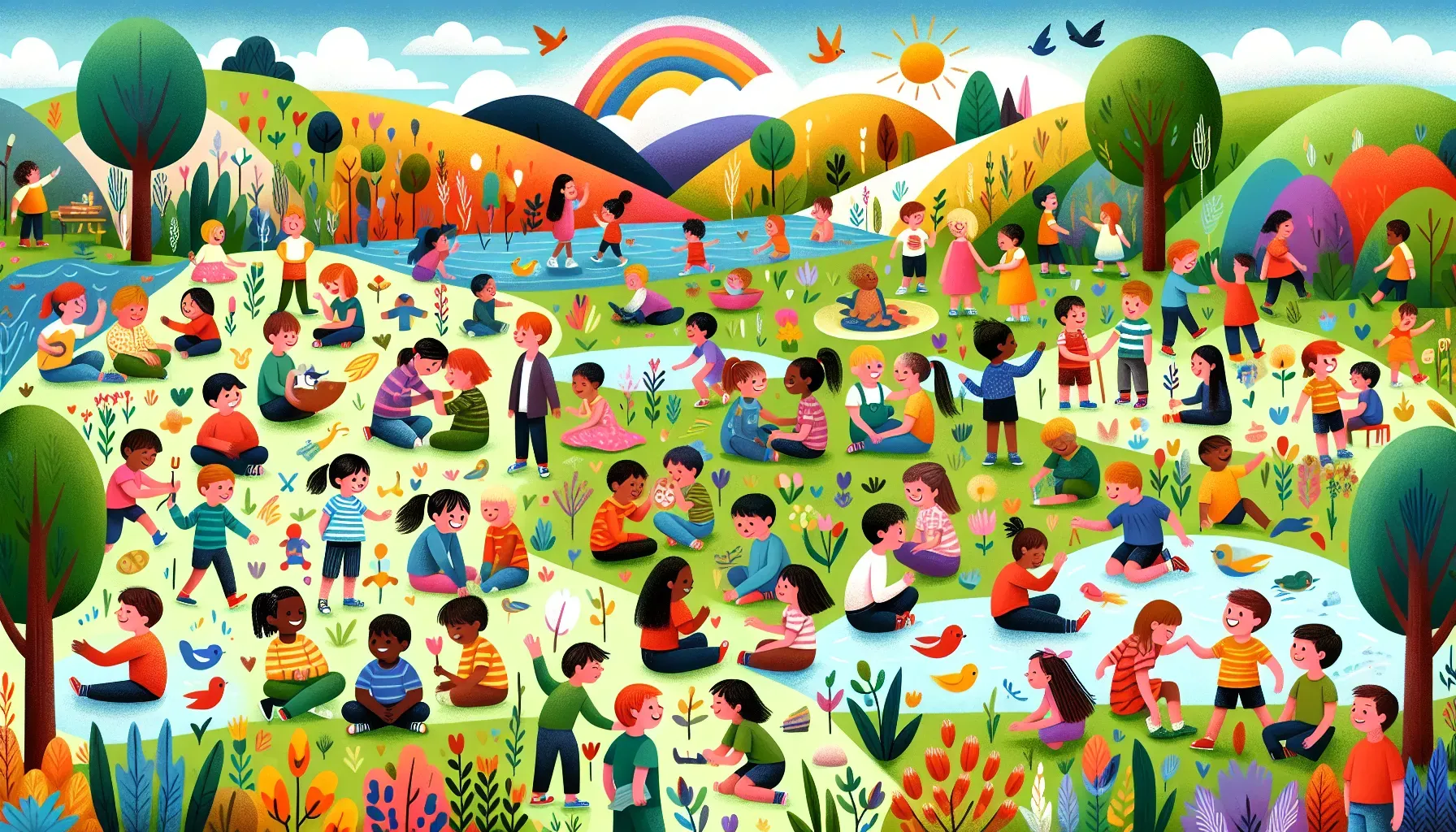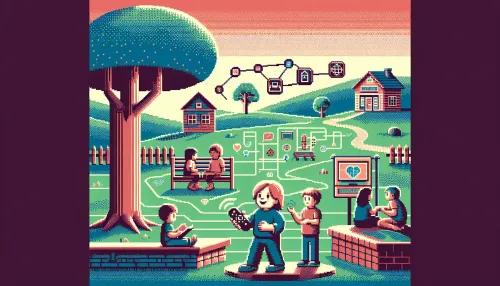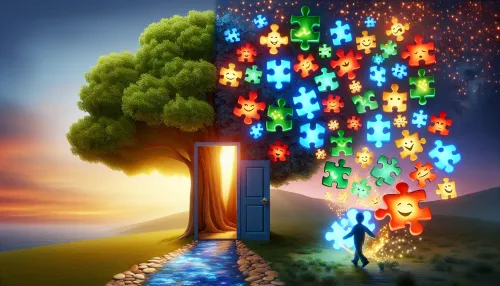The Social World of Autism: Debunking Stereotypes and Embracing Diversity

“Autistic children lack empathy and don’t seek social interactions.” This prevalent misconception has fueled stigmatization around autism for far too long. In reality, autistic children do crave meaningful connections, but they experience and express these desires differently. Understanding and addressing this myth is crucial in supporting their social development.
Debunking Myths About Autistic Children's Social Interests
Social interactions can be overwhelmingly complex for autistic children, as they may struggle with non-verbal cues, abstract communication, and sensory sensitivities. These challenges often lead to misunderstandings and isolation, exacerbating the belief that they lack interest in relationships. However, by recognizing these hurdles, we can begin to pave a more inclusive path for their social growth.
What Makes Social Interactions Complex for Autistic Children?
Building authentic connections starts with empathy and understanding. Acknowledging and embracing their unique ways of relating to others creates a foundation for genuine relationships. By fostering an environment where their communication preferences are valued and respected, we empower autistic children to engage meaningfully with those around them.
Inclusive environments play a pivotal role in shaping the social experiences of autistic children. Schools, communities, and recreational spaces can implement tailored support systems and sensory-friendly practices to accommodate their diverse needs. Encouraging peer acceptance and understanding also cultivates an environment where autistic children feel secure in exploring social interactions.
How to Nurture Authentic Connections with Autistic Children
Supporting positive social development involves offering opportunities for social engagement that align with their individual interests and strengths. Tailored activities, such as structured playgroups or shared-interest clubs, provide avenues for them to connect with peers in ways that resonate with their preferences. By nurturing these positive encounters, we sow the seeds for a thriving social landscape within the autistic community.
Creating Inclusive Environments for Social Growth
As we debunk myths and embrace the diversity of the social world of autism, we usher in a new era of understanding and inclusivity. Let’s champion authentic connections and create nurturing environments where autistic children can flourish socially, enriching the vibrant tapestry of human interaction.
Frequently Asked Questions
Many people believe that autistic children lack empathy and do not seek social interactions. This misconception is misleading, as these children often desire meaningful connections but express their needs differently. Understanding this can help support their social development and reduce stigmatization.
Nurturing authentic connections involves empathy and understanding of autistic children's unique communication styles. By creating an environment that values their preferences and encourages genuine relationships, we empower them to engage meaningfully with others, fostering deeper social bonds.
Inclusive environments are crucial for the social growth of autistic children. They provide tailored support systems and sensory-friendly practices that accommodate diverse needs. By promoting peer acceptance and understanding, these environments encourage autistic children to explore social interactions confidently.
Check Out These Related Articles

Breaking Barriers: Out-of-the-Box Approaches to Addressing Social Challenges Faced by Autistic Children

Cultural Synergy: Fusing Indigenous Methodologies with State-of-the-Art Techniques for Autistic Children

Creating Inclusive Environments: Tips for Fostering Acceptance of Autism in Schools and Communities
